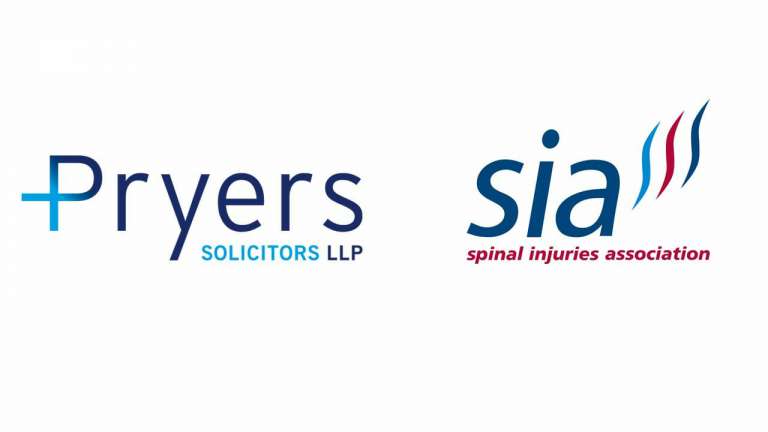An investigation by the British Medical Journal (BMJ) has found a rise in the number of patients being blocked from accessing hip or knee operations by NHS rationing panels, despite the fact that their GPs believe surgery is necessary.
The investigation found that ‘thousands’ of patients were forced to jump through hoops to access procedures described by surgical experts as “clinically and cost effective”. It also showed that some patients are having to wait up to a year for surgery.
GPs are increasingly asked to make “exceptional funding applications”, which are judged by local NHS panels, some of which include lay officials with no medical background.
The process of exceptional requests was introduced in 2000 for GPs to refer patients for costly procedures which aren’t routinely funded, and cosmetic or non-essential procedures, such as skin tag removals and IVF.
However, many local NHS clinical commissioning groups (CCGs) are now using them for routine procedures as they try to make NHS funding stretch further.
Between 2016-17 and 2017-18 there was a 45 per cent increase in the number of patients rejected after their GPs recommended them for surgery in this way. In July, the BMJ said 1,700 patients had been refused even though their doctors pleaded their cases.
Earlier this year it was revealed that three quarters of trusts were refusing to fund hip and knee operations unless patients were in very severe pain.
Last year there were at least 1,675 exceptional funding requests for hip or knee operations rejected by these panels up from 1,155 requests rejected in 2016-17, data obtained by Freedom of Information shows.
The BMJ research also highlights a disparity in access to care that is dependent on a patient’s location. For example, the Buckinghamshire commissioning group had 1,298 exceptional funding requests for knee surgery last year and rejected 18 per cent, while Doncaster had 24 but rejected 23.
Clinical commissioning groups (CCGs) in Sussex have proposed rationing policies for hip replacement which say patients are expected to endure “uncontrolled, intense, persistent” pain for six months before referral for operations.
Seven areas are planning restrictions which are so severe that The British Orthopaedic Association said patients could become at risk of opiate addiction while waiting for surgery under the policies. The proposals are part of wider restrictions aiming to save £20m in NHS costs.
Waiting lists have become so long that some desperate patients have paid for expensive all-inclusive packages to beat NHS queues. Hip replacements at the Royal Free Hospital in North London charged between £13,000 and £15,000, twice as much as it would cost the NHS, where an average hip replacement costs roughly £7,500.
Ian Eardley, senior vice-president of the Royal College of Surgeons, said: “Hip and knee surgery has long been shown to be a clinically and cost-effective treatment for patients. We are therefore appalled that a number of commissioning groups are now effectively requiring thousands of patients to beg for treatment.”





